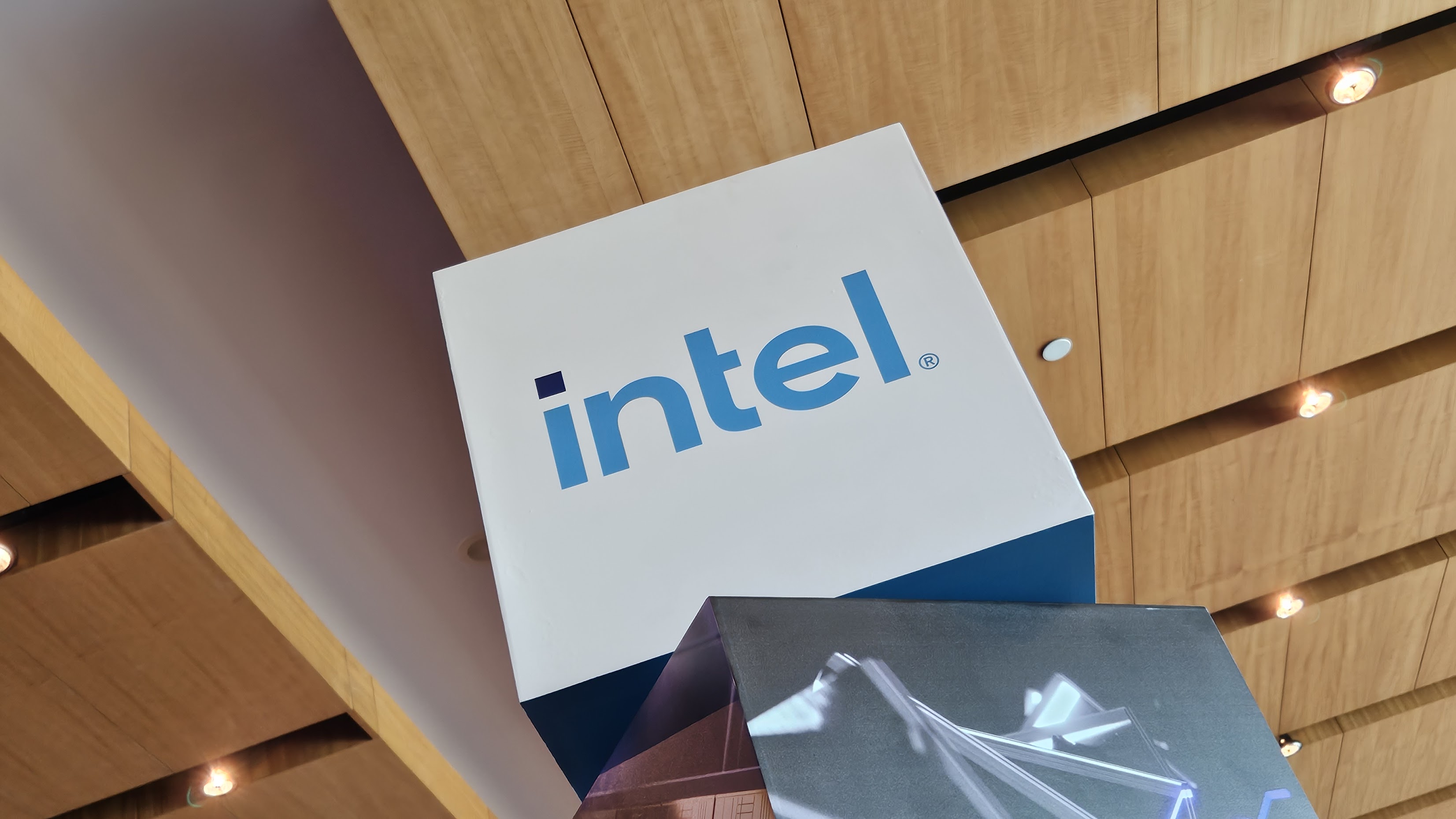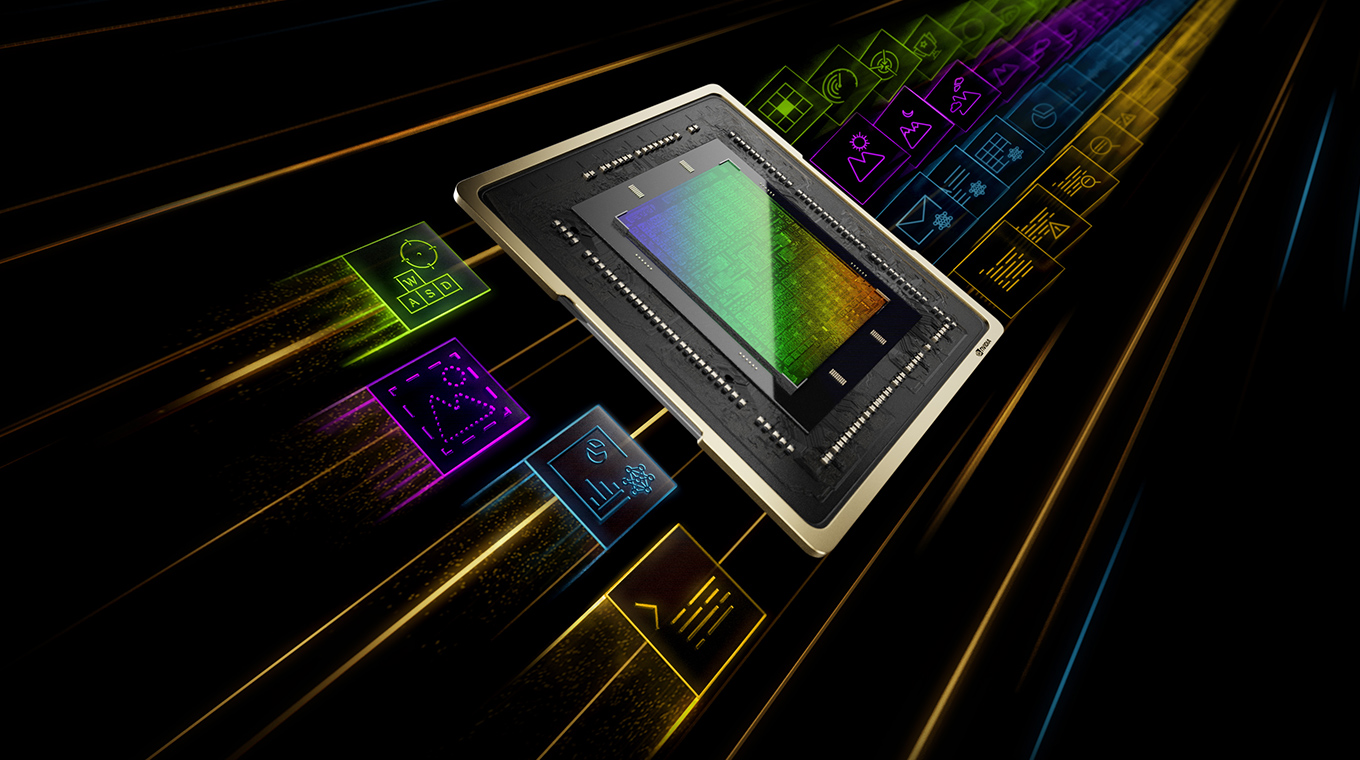
What you need to know
- A report suggests that Intel almost acquired NVIDIA for $20 billion in 2005.
- However, the plans flopped because the board viewed it as the firm's most expensive acquisition.
- Intel's missed golden opportunities, including buying a stake in OpenAI, have heavily contributed to its current financial struggles.
In a surprising revelation, Intel reportedly almost bought NVIDIA for $20 billion in 2005. According to a report by The New York Times, several high-profile executives at the firm had shown interest in erstwhile CEO Paul Otellini's idea as NVIDIA showed great promise and potential for data centers, the bread and butter driving the current AI boom (via Tom's Hardware). However, the board of directors didn't approve Otellini's pitched idea.
According to sources with knowledge of the matter, Intel's board of directors opposed the idea because it would have been the firm's most expensive acquisition, further citing difficulty in integrating it into the company. At the time, NVIDIA was well-known for its computer graphics chips. Following the carried interests and vision for Intel, Otellini reportedly fell back and let go of his proposal to acquire NVIDIA.
Intel's board of directors was seemingly more interested in an internal graphics project, Larrabee, which used the firm's x86 technologies. The project was spearheaded by the current CEO, Pat Gelsinger. Ironically, the chipmaker jumped ship but circled back with its Xe and Arc projects.
Missed opportunities galore

In 2017, OpenAI reportedly offered Intel a 15% stake for $1 billion. The ChatGPT maker wanted to leverage the firm's expertise in developing sophisticated AI chips to emancipate itself from the shackles and dependence on NVIDIA GPUs for its advances. Interestingly, OpenAI is still trapped in this hamster's wheel alongside Microsoft, having invested $100 billion in a project dubbed Stargate.
Like the NVIDIA acquisition, the deal didn't pull through because former Intel CEO Bob Swan didn't believe in the AI hype and that its models would be a big deal in the foreseeable future. Sources further revealed that Intel didn't want to manufacture and develop products for OpenAI at cost.
Two decades into the future, Intel's botched NVIDIA and OpenAI acquisitions weigh heavily on the firm. In August, CEO Pat Gelsinger announced the firm's decision to lay off 15,000 employees in unprecedented cuts that will see the chip maker attempt $10 billion in savings through 2025. "This is painful news for me to share. I know it will be even more difficult for you to read," added Gelsinger.
On the other hand, NVIDIA continues to fly high and is currently the world's most profitable chip brand, ahead of Samsung and Intel. Market analysts and experts attribute the chip brand's success to the high demand for AI chips from major tech corporations and its investment in the technology.
The high demand for AI chips propelled NVIDIA to become the world's most valuable company, ahead of Microsoft and Apple, with over $3 trillion in market valuation. In comparison, Intel is now worth less than $100 billion due to its inability to tap into the hot market for AI chips. In a parallel world, Intel could be the world's most valuable company with OpenAI and NVIDIA under its thumb, pushing its market cap to trillions of dollars.
🎃The best early Black Friday deals🦃
- 💻Lenovo Yoga Slim 7x (X Elite) | $999.99 at Best Buy (Save $200!)
- 📺LG Curved OLED 32 (QHD, 240Hz) | $889.99 at Amazon (Save $610!)
- 🎮Amazon Fire TV Xbox Game Pass bundle | $74.99 at Amazon (Save $62!)
- 💻Alienware m16 R2 (RTX 4060) | $1,399.99 at Dell (Save $300!)
- 📺HP Omen 27qs (QHD, 240Hz) | $299.99 at Best Buy (Save $130!)
- 🔊2.1ch Soundbar for TVs & Monitors | $44.99 at Walmart (Save $55!)
- 💻HP OMEN Transcend 14 (RTX 4050) | $1,099.99 at HP (Save $500!)
- 🎧Sennheiser Momentum 4 ANC | $274.95 at Amazon (Save $125!)
- 📺LG C4 OLED 4K TV (42-inches) | $999.99 at Best Buy (Save $400!)







